Vietnam-a market of strong potential and excitement for its electric vehicles
Electric vehicle (EV) popularity in the countries depends on a number of factors, including meeting consumer demands; GDP per capita; affordable prices; a charging station network to be developed; better road infrastructure; and more parking areas in urban areas. The current power shortage in Vietnam also needs to be fixed.
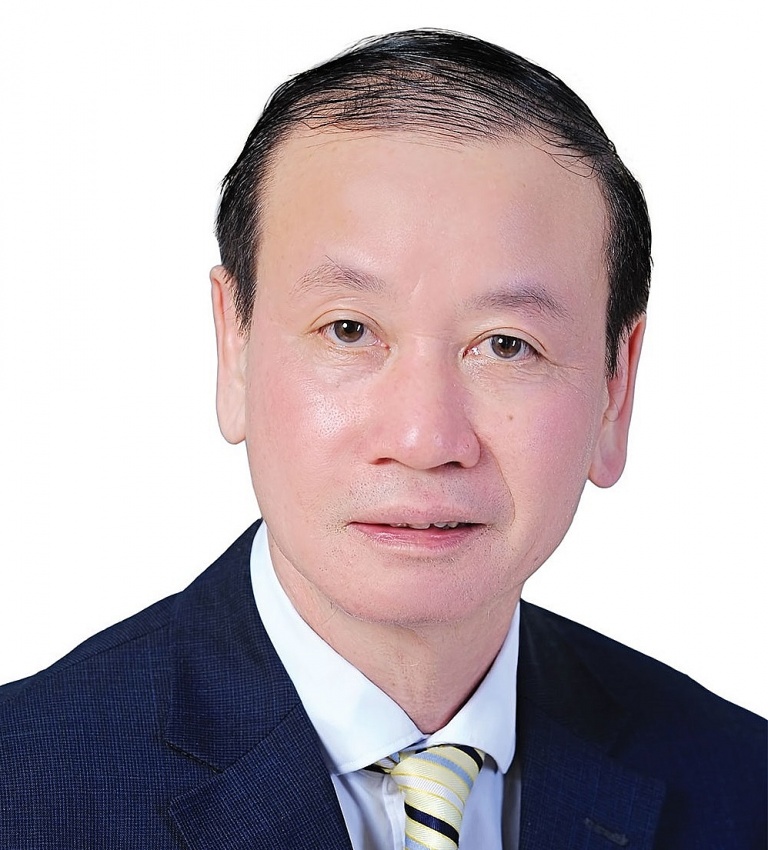 |
| Vu Tan Cong - Deputy director-general Vietnam Automobile Industry and Trading Business Consultants |
It is forecast that EVs will become popular by 2030 when all of the above issues are resolved. It should be noted that by 2030, there would still be a further 20 years needed for new vehicle consumers to use their vehicles with internal combustion engines or hybrid-powertrain equipped vehicles before regular EVs can fully take over the market.
Based on the data of vehicle sales in Vietnam during the last five years and the forecast of the Vietnamese car market for the next decade, it is advisable for the EV industry in Vietnam to encourage electric cars, pick-ups, light and medium trucks and buses to operate in urban areas. From on 2030 onward, there should be a focus on electric coaches, electric heavy-duty trucks and electric special purpose vehicles.
At present, only two automakers in Vietnam, TMT Motor and VinFast, have started manufacturing EVs locally.
Vingroup has made an investment in car manufacturing at its complex in the northern port city of Haiphong, inaugurated in 2019. The complex, which is equipped with production lines of high-level automation imported from EU, has a production capacity of 250,000 units per year and is planned on an increase to 950,000 units per year by 2026.
To promote the sales of its EVs, VinFast has been making investments in the charging station network nationwide. In some areas, VinFast is cooperating with Petrolimex to develop charging stations at their filling stations.
The group has also made investments in two Lithium-Ion factories in the central province of Ha Tinh, which will open by the third quarter of 2024.
Meanwhile, in February, TMT Motor signed a strategic cooperation agreement with a General Motors and SAIC-Wuling joint venture to manufacture and distribute Wuling-brand EVs in Vietnam.
Some Chinese EV manufacturers like Chery, BYD, Nio, and Xpeng have plans to manufacture EVs in Vietnam in cooperation with domestic partners.
At present, many existing carmakers and importers in Vietnam, such as Kia, MG, Volkswagen, Hyundai, Honda, and Nissan, have been exporting their EVs and distributing them in the Vietnamese market.
Due to the lack of a good public charging station network, all imported EVs as well as TMT Motor vehicles must use home chargers or be equipped with the onboard charging devices.
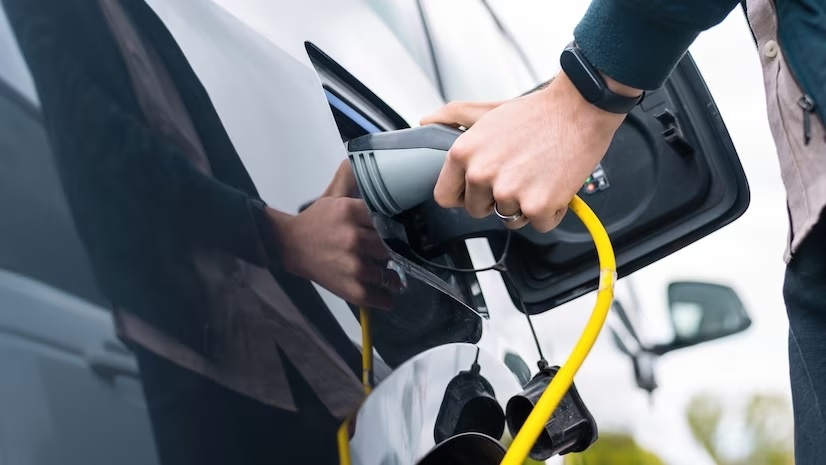 |
| Vietnam-a market of strong potential and excitement for its electric vehicles, illustration photo/ Source: freepik.com |
Vietnam’s EV market is still small, but has much potential to develop. It will take some time for EVs to become popular in Vietnam. To achieve this EV popularity, both technical issues with manufacturers and legal issues by the government need to be dealt with.
There are a number of challenges. Lithium-Ion batteries need to be manufactured at lower prices. At present, EV prices are about 1.5-1.8 times higher than those of the same vehicles with regular engines. These batteries makes EVs heavier by about 200kg more than regular vehicles.
Moreover, an EV body must be stronger and lighter by design and have an enhanced thermal cooling system for the battery pack as well as be watertight to make EVs more suitable for the weather in the big cities of Vietnam.
A number of legal issues also need to be dealt with. Specifically, the Ministry of Transport should clarify the national technical regulations on EVs as soon as possible, which is necessary for both EV manufacturers and importers.
The Ministry of Science and Technology should outline the national technical regulations on EV charging stations as soon as possible, which is necessary for the development of the charging station network, without which the industry cannot survive.
In addition to the current policies, the government must make stronger incentive and support policies for both local and foreign-invested EV manufacturers, as well as develop the charging station network, and create incentives to encourage EV consumers.
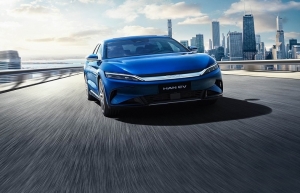 | Electric vehicle competition drives into higher gear The rise of electric vehicle investors from China will bring Japanese carmakers more competitors in Southeast Asia, including Vietnam. |
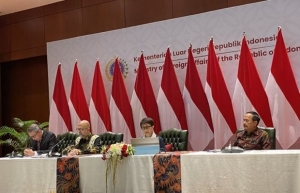 | ASEAN members to promote EV ecosystem development Several agreements will be sealed during the 42nd Association of Southeast Asian Nations (ASEAN) Summit in May this year, including the one on the development of electric vehicle (EV) ecosystem, according to Indonesian Foreign Affairs Minister Retno Marsudi. |
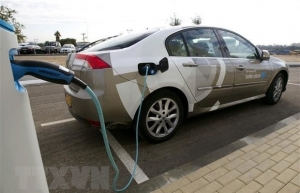 | Deputy PM stresses need to encourage use of electric vehicles Deputy Prime Minister Tran Hong Ha stressed the need to incentivise the conversion of fossil fuel-powered vehicles to electric vehicles and other types of clean energy. |
What the stars mean:
★ Poor ★ ★ Promising ★★★ Good ★★★★ Very good ★★★★★ Exceptional
Related Contents
Latest News
More News
- Japanese legislator confident in CPV's role in advancing Vietnam’s growth (January 22, 2026 | 09:30)
- 14th National Party Congress: France-based scholar singles out institutional reform as key breakthrough (January 21, 2026 | 09:59)
- 14th National Party Congress: Promoting OV's role in driving sustainable development (January 20, 2026 | 09:31)
- 14th National Party Congress affirms Party’s leadership role, Vietnam’s right to self-determined development (January 20, 2026 | 09:27)
- Direction ahead for low-carbon development finance in Vietnam (January 14, 2026 | 09:58)
- Vietnam opens arms wide to talent with high-tech nous (December 23, 2025 | 09:00)
- Why global standards matter in digital world (December 18, 2025 | 15:42)
- Opportunities reshaped by disciplined capital aspects (December 08, 2025 | 10:05)
- Fresh M&A cycle ahead as reforms begin to take effect (December 08, 2025 | 08:00)
- What foreign investors need to know to unlock new deals (December 08, 2025 | 08:00)

 Tag:
Tag:





















 Mobile Version
Mobile Version